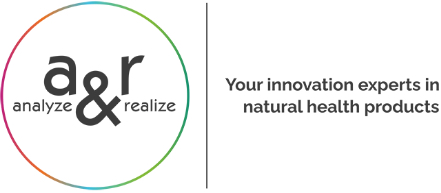
The annual report of the Alert and Cooperation Network (ACN), consisting of the Rapid Alert System for Food and Feed network (RASFF), the Administrative Assistance and Cooperation system network (AAC) and the Agri-Food Fraud Network (FFN), has been published. Since March 2021, the three networks work together to enable a smooth exchange of information between competent authorities of the Members States via the ‘iRASFF’ platform. The report serves to identify the problematic areas and to propose appropriate actions such as coordinated control plans and reinforced checks at EU borders.
In 2021, a new record of notifications was registered. 4607 notifications were submitted via RASFF, 2290 non-compliance notifications were shared during the year, and finally, 407 cases of suspected fraud were reported. Most of the notifications concern food.
Overall, in the non-compliance notifications, the top reported product category was again fruits and vegetables (15%). As in 2020, the second most notified category was dietetic food, food supplements, and fortified food (10%), most of which were traded online. These cases involved unauthorised health claims, unauthorised substances or novel foods, and incomplete or missing labelling.
In the RASSF system pesticides were the most reported hazard, accounting for 27% of health-related notifications. Among pesticides, the unauthorised substance ethylene oxide continues to be a challenge. The incident of contamination of food ingredients with ethylene oxide was reported 468 times, starting with sesame seeds in 2020 and extending to several food categories in 2021. (For more details read our article on ethylene oxide).
Pathogenic microorganisms such as salmonella (73%) and listeria (16%) are the second most common threat, followed by mycotoxins in third place of the listed food hazard categories. Salmonella was often detected in poultry meat, but herbs and spices are also regularly affected. The food category most frequently affected by Listeria monocytogenes was products from animal products (milk, meat, fish and products thereof). In most cases, mycotoxins are related to aflatoxins, which are still frequently found in nuts, nut products, and seeds.
The increase in notifications illustrates the continued commitment by competent surveillance authorities to detect and report infringements in the food and feed sector.
You can read the full annual report published by the European Commission here.
